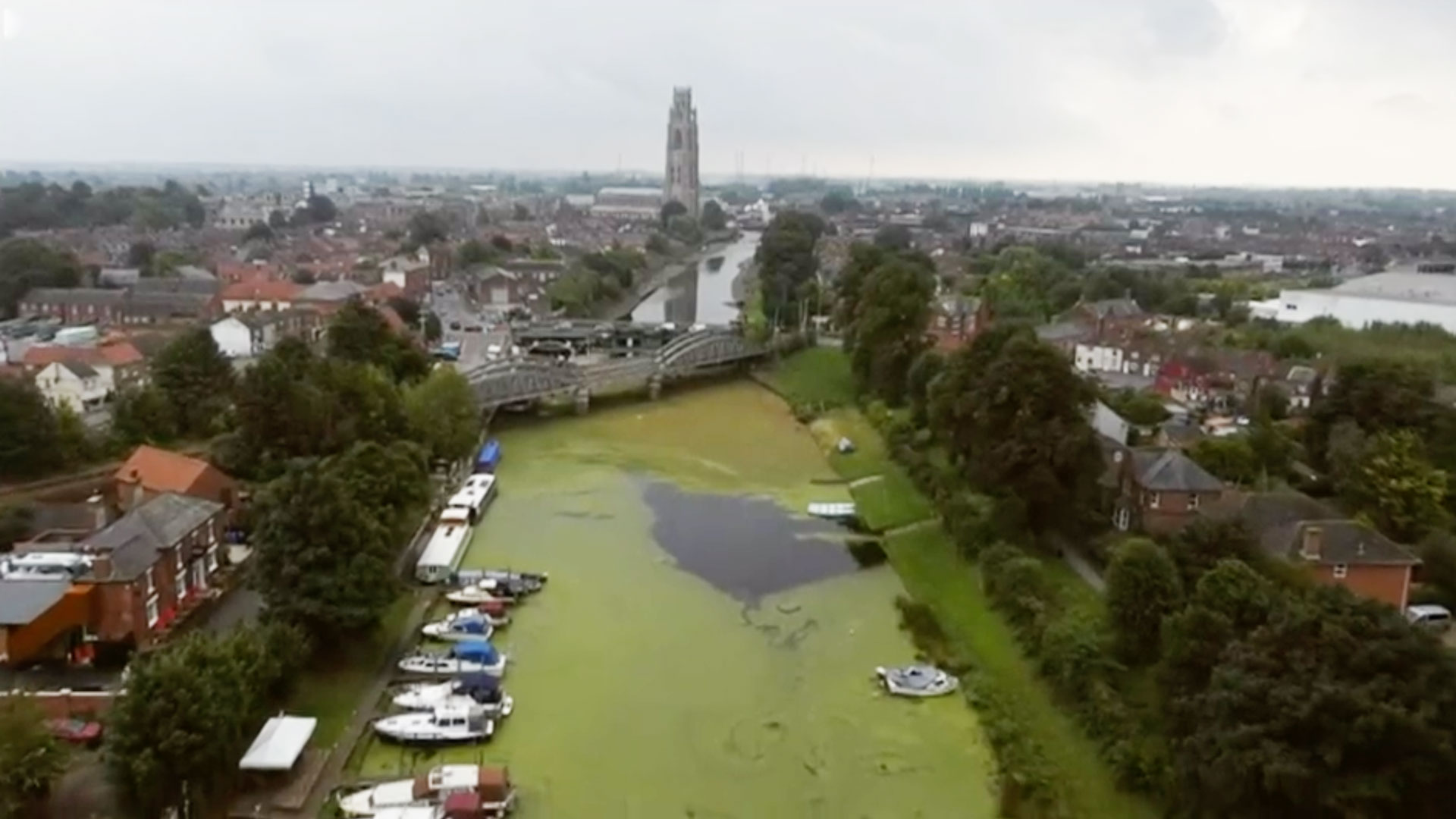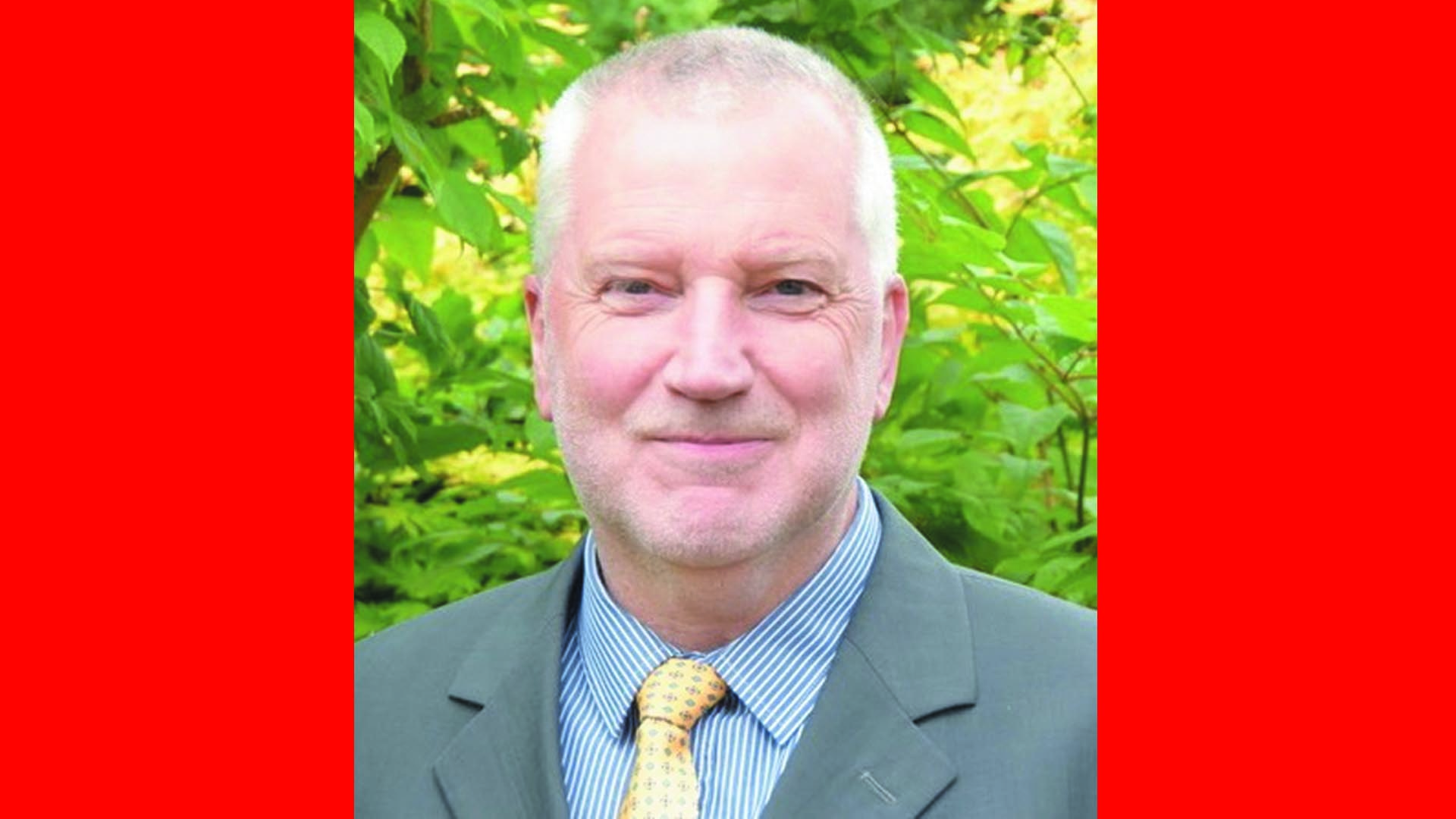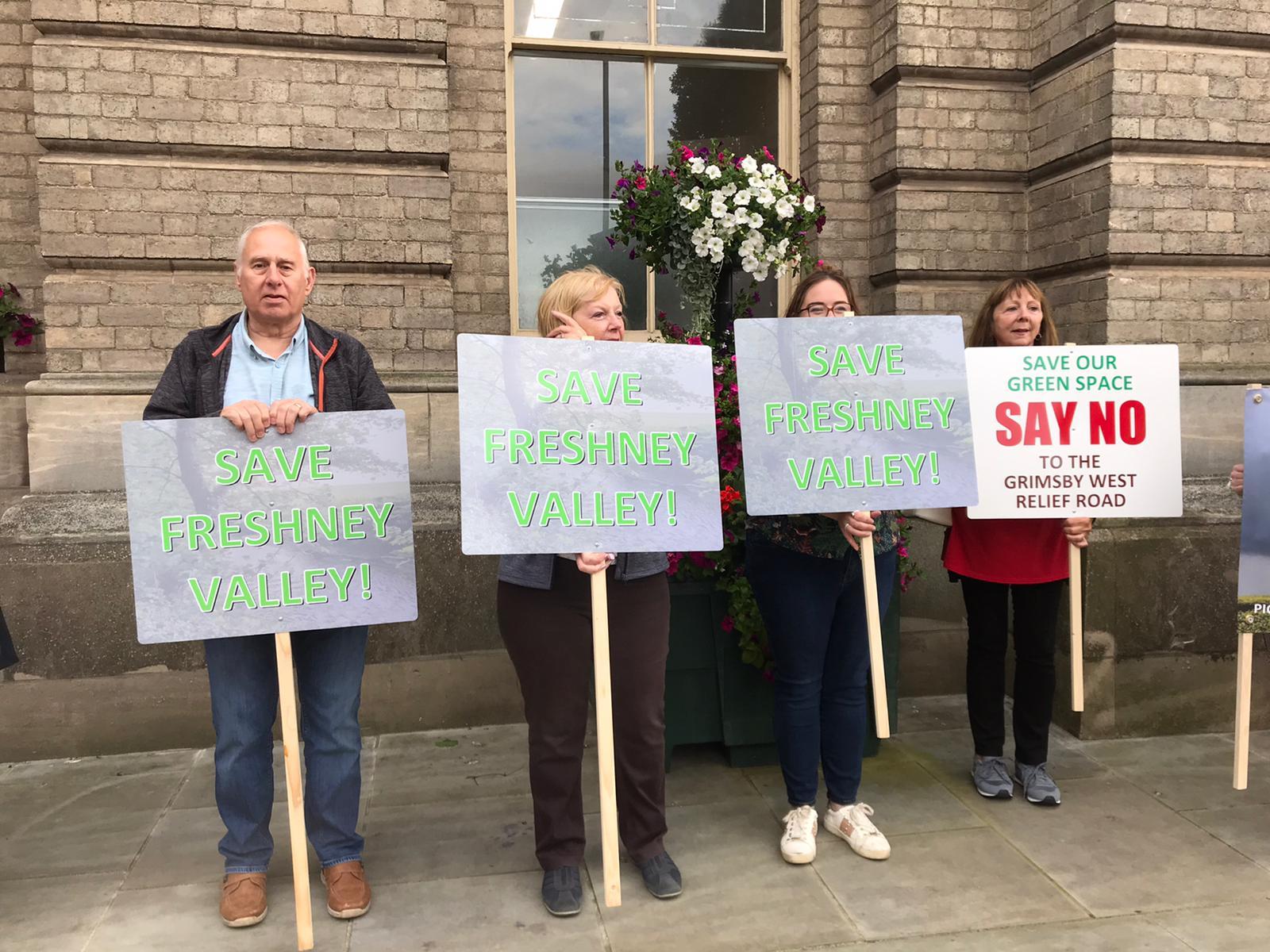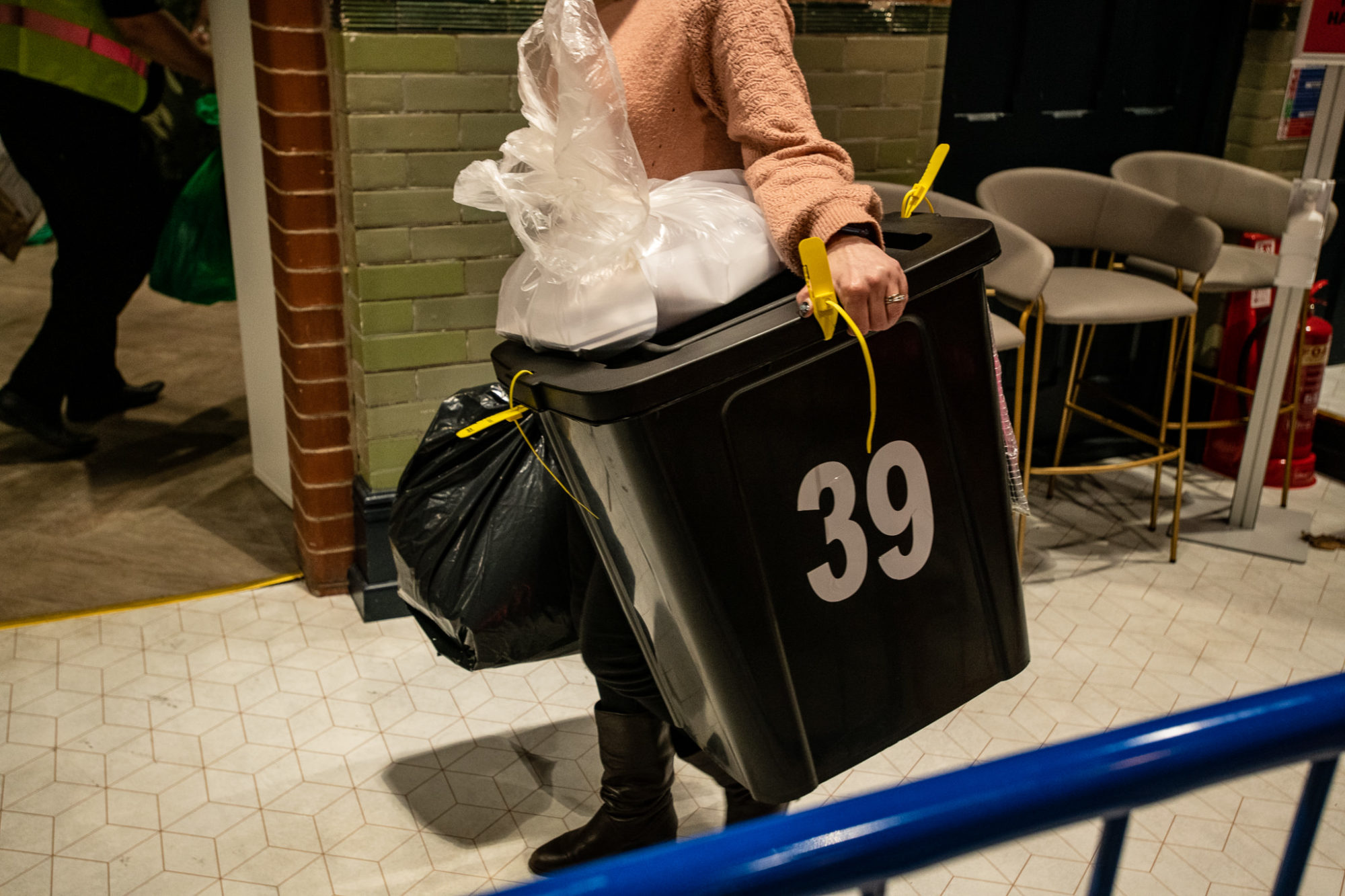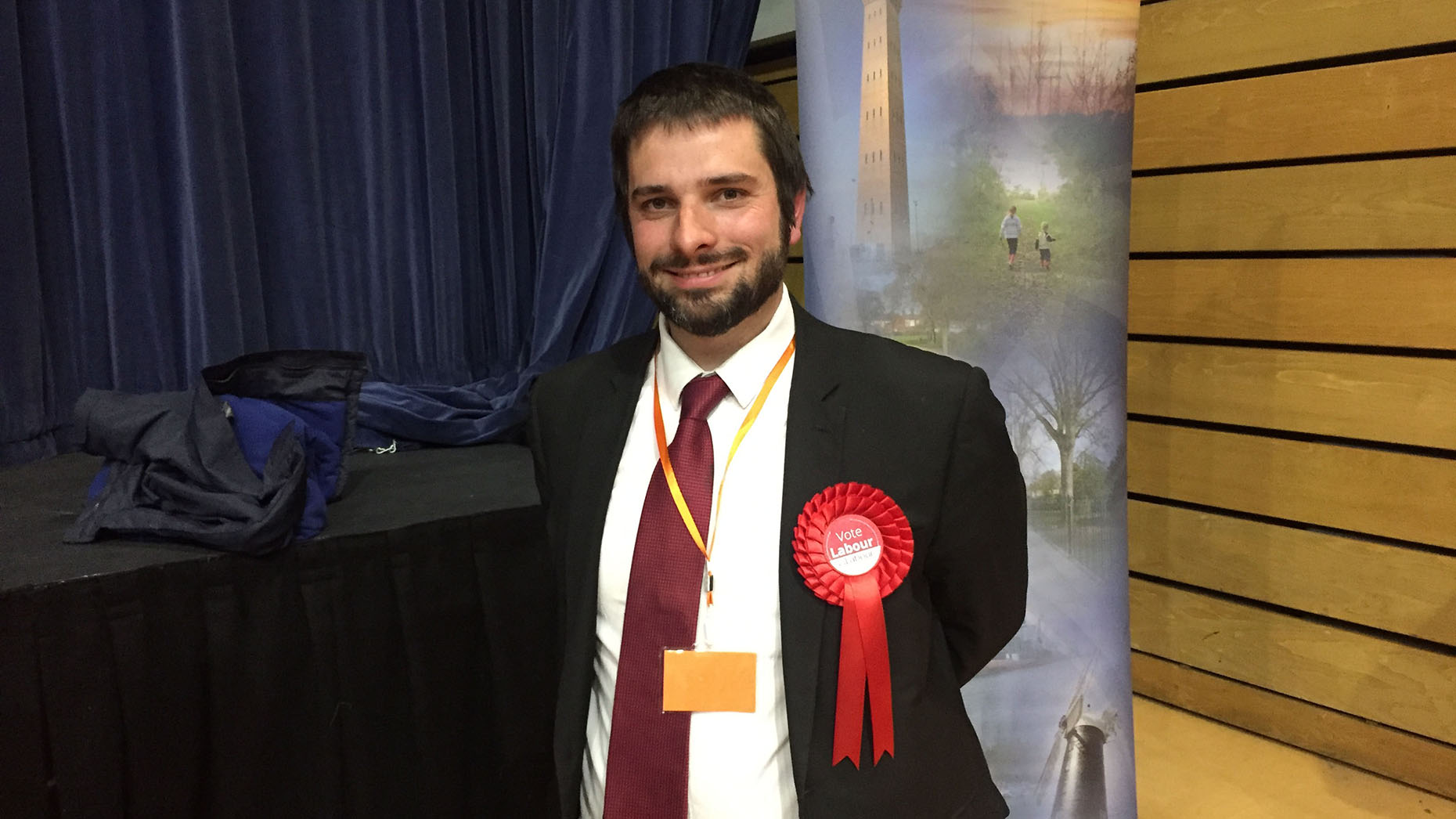Lincolnshire’s rivers may be stuck with annual blankets of azolla and duckweeds for some time yet, as organisations struggle to come up with a solution.
One councillor told a committee discussing the issue in Boston in particular, that the thick masses of material and weed between 100-150mm thick was a “biodiversity catastrophe on the scale of a fertiliser spill”.
Councillors were also concerned to hear that due to funding cuts, the Environment Agency would no longer intervene until there was a category one or two serious incident – with the most urgent of those meaning the death of at least 100 fish — or one eel.
Rivers across the county including in Lincoln and Boston turned green during the long, warm summer, as the currents’ flows reduced and the weeds took hold, however, the cold weather has forced it into retreat recently.
The Boston river, in particular, became choked, while residents complained of the smell, along with dead fish floating on the surface.
Peter Reilly, from the Environment Agency, told councillors that low water flows and light rainfall meant control gates along the river had been unable to open to allow the weed to flow out to sea, trapping the debris or risking the unavoidable loss of large volumes of water.
He said the Canal and Rivers Trust had a statutory duty to maintain the watercourse, and that the EA’s role was mainly around flood risk management perspective and pumping water in at the top end of the watercourse.
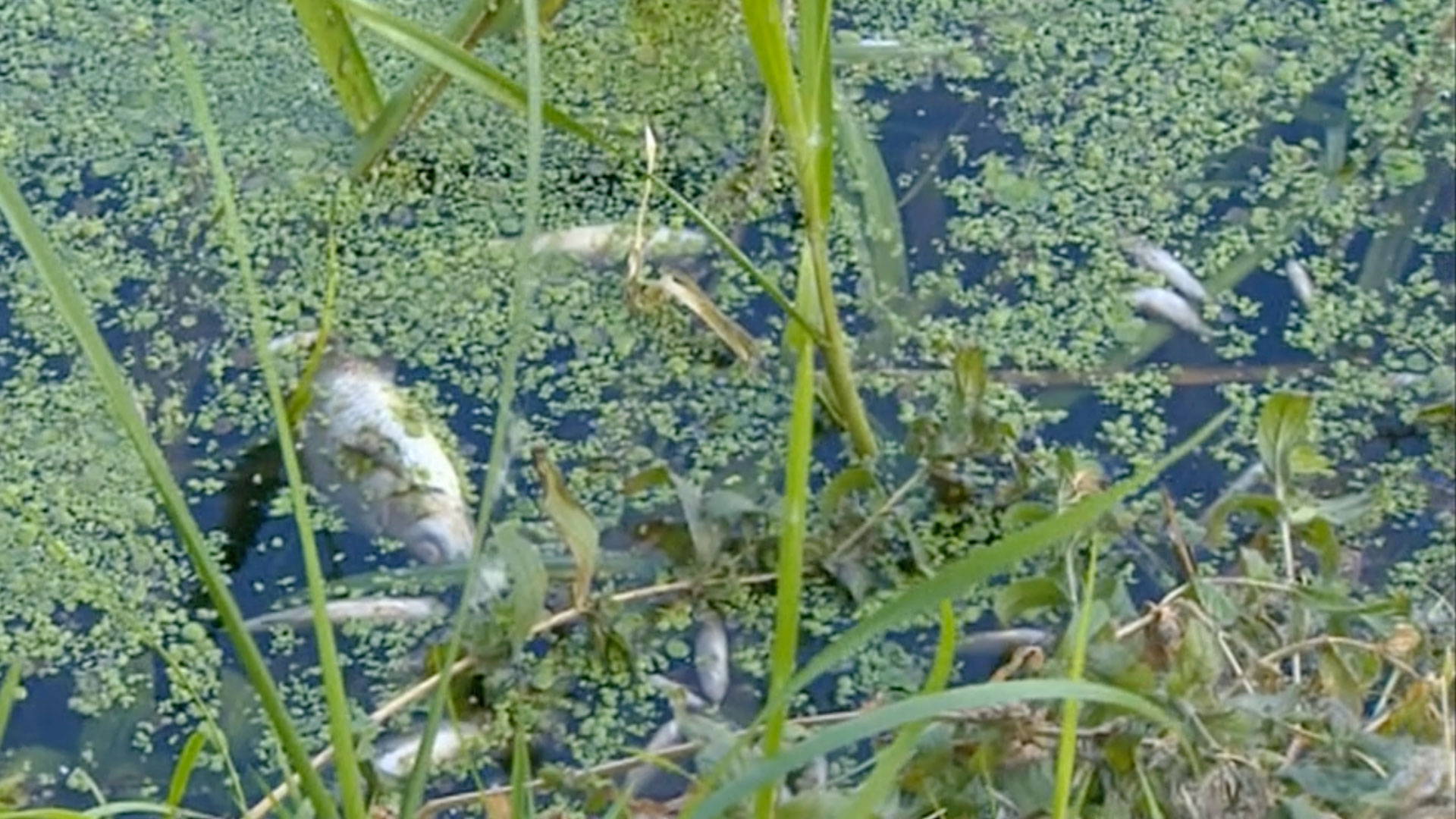
Dead fish were found in the River Witham. | Screenshot: BBC Look North
“The agency are not funded to remove this weed for any reason other than flood risk reduction and this weed presents no flood risk,” he said.
He said the EA had to, however, intervene if there was an environmental incident, but only under the most serious two levels.
He said that intervention was unfunded but required.
“That leaves us in the position where we can watch an impending environmental incident develop, we’re unable to do anything about it until fish or eels are killed, and then we are compelled to respond.”
He said the EA was trying to “find a way out of that situation” adding that it “makes no sense to sit on our hands unable to act until there is a fish or eel kill”.
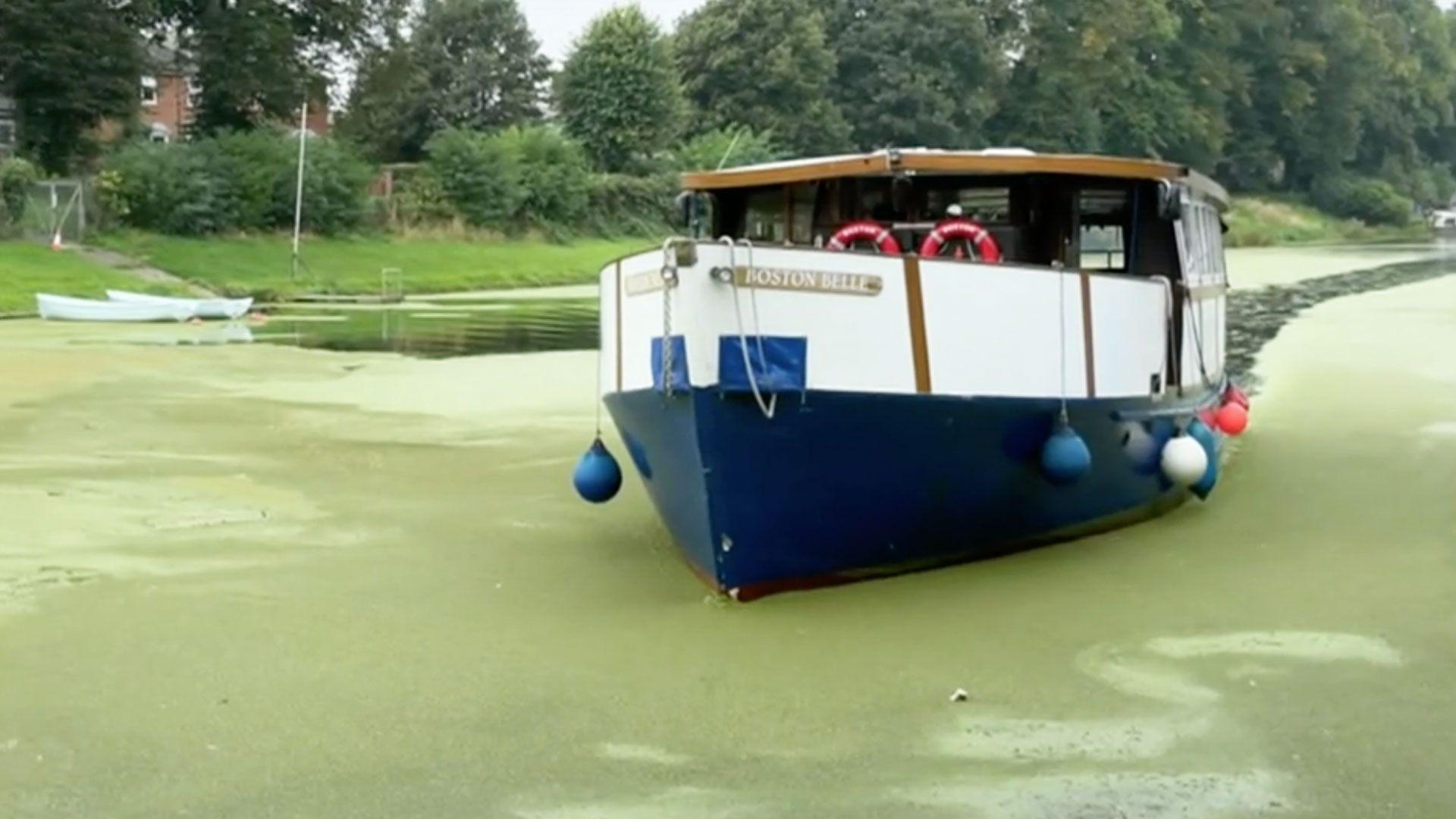
Oxygen-starving weed has got a stranglehold on Boston’s main waterway, the River Witham. In view is the Boston Belle. | Screenshot: BBC Look North/BBC News Hub
He acknowledged that local businesses and organisations were impacted due to the smell and affects tourism.
“We do anticipate it again next June, July time or later in the year – it may not happen if we have a cool, wet year with plenty of flow in the river – but it will happen again,” he warned.
Councillor Tom Ashton said he was sceptical there were “enough weed boats” to tackle the scale of the issue.
“We need to understand what solutions are going to be going forward, because this is a biodiversity catastrophe on the scale of a fertiliser spill,” he said.
“If you think of the death and destruction to wildlife and habitat caused by this incident, if this was a private company, then we quite rightly would be coming down on them like a tonne of bricks.”
Councillor Alison Austin feared for the reputation of Boston, adding “if there’s any way [the town] can be knocked, it will be used”.
She said the situation was even more urgent as the town received drainage from a number of Midland areas on its way out towards the Haven. She worried that the town’s taxpayers would be left footing the bill for clearing it up.

A view of River Witham in Lincoln, which is partly covered with duckweed |
Photo: LDRS/The Lincolnite
Councillor Paula Ashleigh-Morris lives in Langrick and said the weeds were “thick and ridiculous” in her area.
“There was absolutely lime green as far as you could see,” she said.
She said the separation of responsibilities between organisations was “absolutely ridiculous” adding “surely these people can get together”.
“The weed cutting boat looks like a seaside pedalo, and tiddles around,” she added.
She said it was having a negative effect on local businesses.
Earlier this year, Richard Bennett from the Canal and River Trust told BBC Look North the organisation was spending £80,000 this year on big boats, four days a week, in order to try to clear passage through.
The councillors voted to write to the Secretary of State at the Department for Environment, Food and Rural Affairs, calling for action over the “deep concerns” regarding the situation and the Environment Agency’s inability to respond to lower level incidents.


